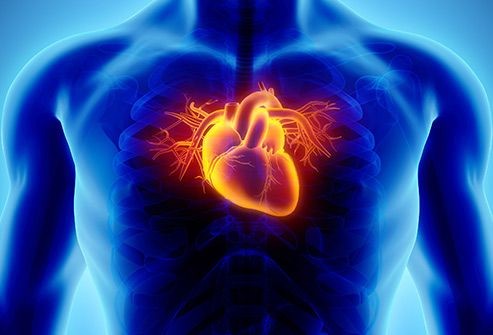Heart palpitations, or a feeling of a racing, fluttering, or pounding heart, can be concerning. While often harmless, understanding the potential causes can help alleviate anxiety and guide you toward appropriate action. This article explores common reasons why your heart might be pounding fast.
Common Causes of a Racing Heart
Several factors can contribute to heart palpitations. Let’s examine some of the most prevalent:
Food Sensitivity
Certain foods can trigger heart palpitations in sensitive individuals. Keeping a food diary and noting any palpitations after eating can help identify potential triggers. Eliminating these foods from your diet may reduce or eliminate the palpitations.
Nighttime Palpitations
Heart palpitations at night can be disruptive to sleep. While you might not notice them during the day due to distractions, underlying causes can persist. Consuming alcohol or large meals before bed can exacerbate palpitations. Simple remedies like deep breathing and drinking water (dehydration can worsen palpitations) can often provide relief.
Anxiety and Panic Attacks
Anxiety triggers the body’s “fight or flight” response, leading to an increased heart rate and palpitations. Deep breathing exercises can help calm the nervous system. If anxiety-induced palpitations are frequent, consult a doctor about counseling and potential anti-anxiety medication.
Lying Down
Some people experience heart palpitations when lying down, particularly on their side. This position can increase pressure on the body, potentially triggering palpitations. Changing positions, such as lying on your back, may alleviate this issue.
Low Potassium Levels
Severely low potassium levels can cause heart palpitations. Potential causes of potassium deficiency include excessive laxative use, high caffeine intake, gastrointestinal illnesses with vomiting and diarrhea, and undiagnosed thyroid problems. Consult a doctor to address underlying health issues and restore potassium levels.
 A graphic showing the location of the heart in the human body
A graphic showing the location of the heart in the human body
Underlying Heart Conditions
In some cases, heart palpitations can indicate underlying heart conditions, often presenting as arrhythmia (irregular heartbeat). These conditions include prior heart attack, coronary artery disease, heart failure, heart valve problems, and heart muscle problems. It’s crucial to consult a doctor for diagnosis and treatment.
Pregnancy and Palpitations
During pregnancy, the heart works harder to pump extra blood, often leading to palpitations. While generally harmless, they can be uncomfortable. Staying hydrated, limiting caffeine, sugar, and fat intake, and practicing deep breathing can help manage these palpitations. In some cases, doctors may recommend beta-blockers for pregnant women experiencing frequent palpitations.
When to Seek Medical Attention
While most heart palpitations are benign, consult a doctor if you experience:
- Frequent or prolonged palpitations
- Dizziness or fainting
- Chest pain or shortness of breath
- Palpitations accompanied by other symptoms
Addressing the underlying cause is crucial for effective management of heart palpitations. This article provides general information and should not be substituted for professional medical advice. Always consult with a healthcare professional for diagnosis and treatment.
